Description
Even now, Queen’s legendary first visit to Japan is talked about as a major event in the history of Western music in Japan. A radio album with the scent of spring 1975 emanating from the speakers has been decided to be released. This work contains three radio/TV programs recorded in the middle of their first visit to Japan. Queen songs are played, but it also features fresh interviews with the members’ voices. So when was that voice recorded? To find out, let’s look back at the schedule of their first visit to Japan. {April 17th: Arrival in Japan} {April 18th: Press Conference/Gold Disc Presentation} ・April 19th: Nippon Budokan {April 20th: Tea Party/Interview} ←★This Work★ {April 21st: Press Conference/Reception} ・April 22nd: Aichi Prefectural Gymnasium ・April 23rd: Kobe International Hall {April 24th: Sightseeing in Kyoto} ・April 25th: Fukuoka City Kyuden Memorial Gymnasium ・April 28th: Okayama City General Cultural Gymnasium ・April 29th: YAMAHA Tsumagoi Resort ・April 30th: Yokohama Cultural Gymnasium ・May 1st: Nippon Budokan {May 2nd: Departure from Japan} This was QUEEN’s first visit to Japan, which shook the Japanese archipelago. Two of the three programs included in this work were recorded at “April 20th: Tokyo Prince Hotel,” on the day of the famous tea party (the recording date of the other recording is unknown). It was the day after the first performance at the Nippon Budokan, and in addition to radio and television, they were also interviewed by music magazines. Let’s introduce each of the three recordings. Radio message (about 15 seconds) with unknown recording/broadcast date This work was recorded by a core record enthusiast at that time. It is a master that has never been released before, and you can enjoy the previously known broadcasts in the highest quality ever. Moreover, it is not only the quality that no one has heard. At the beginning, there is also a radio voice that has not been known until now. Although this is only about 10 seconds, Freddie’s Japanese is also a treasure of freshness. It is short, so let’s write out the contents. “Nihon Hoso (Nippon Broadcasting System) Ookikinominasan Oh This is Freddie Mercury, Hi! My Japanese Friends. We, Queen looking for track concerts in Japan. We hope you will enjoy our concerts. Please anticipate” “Young Kodama” broadcast on April 26th (about 33 minutes) Next comes the highlight of this work. “Young Kodama”, a request program that was broadcast on a certain broadcasting association in the 1970s. Along with “Young Jockey,” this was the predecessor of “Sound Street.” When QUEEN first came to Japan, a certain DJ familiar with LED ZEPPELIN served as the personality, playing songs and interviews with the four members. First, before the members appeared, the DJ talked about QUEEN’s popularity, which gave a strong sense of the times. The certain DJ was also at a loss for words, saying, “They were just incredibly popular, and I was running around saying they were popular, but I didn’t think they were this popular…” When he headed to the hotel for the interview, he was overwhelmed by the Western music girls who crowded around him, and he was taken aback, saying, “Shibuya! If you’re going to interview them now, you have to meet them (the members)!!” The girls were very surprised. Particularly interesting is the episode from the Nagoya concert (the interview was on April 20, but the program was recorded in the studio at a later date). “At the Nagoya concert, they played a very loud performance, and 30 girls fainted, and two pieces of underwear were dropped, and shoes were scattered everywhere, and it was a huge commotion,” he said. The content is amazing, but it’s funny how specific it is, “two pairs of underwear.” And above all, the tone of a certain DJ’s voice tells us how big the shock was. Then, the interview is held between songs. Of course, there is an interpreter, so you can understand the content perfectly. There are many topics that seem to be about their first visit to Japan, such as the commotion at the airport, but other than that, the mood of that time overflows everywhere. For example, “I want to ask vocalist Freddie Mercury,” the DJ grins when the members answer, “I like Plant and Bonzo,” he asks Brian and Roger about music, but only talks about Freddie’s costumes, and Roger is harsh on disco music. For us who have a deep image of what happened after that, the gap is gradually interesting. Also, the part about Brian’s “Red Special” is fresh. Brian said, “It took about two years to finish it carefully. I don’t think you can tell the difference between this guitar and the one I bought,” but at the time, “it’s the same as the one I bought” was a compliment. He said it from the perspective of, “It’s a homemade album, but it’s not shabby!” The last question was, “Do you have any ideas for your next album?”, and that “next album” is “A Night at the Opera.” Just thinking about it makes you feel like you’re being crushed by the weight of history in this interview. The last recording of “A Thousand and One Nights of Stars” broadcast on April 28th (about 10 minutes) is the legendary TV program “A Thousand and One Nights of Stars.” It’s just audio, but it’s a talk with the four of them in the station studio. The voice of the late Shinichi Ogishima is nostalgic, but it’s also refreshing to see them treated as “foreigners popular with young people.” From the beginning, he stumbled over his words, saying, “Today, we have invited the members of QUEEN, who are said to be the most popular among young Japanese rock fans… well, rock, aristocrats, rock aristocrats, and the second Beatles.” The questions were mostly standard stuff like favorite foods and impressions of Japanese fans, and it seemed like they were bored with foreign bands. The story about the “Red Special” was also interesting here. When asked “1 million yen insurance?” he replied “I couldn’t get insurance,” but at this point Ogishima blurted out, “It was written in a Japanese magazine…”. From the tone of his voice, it’s clear that Ogishima himself is not interested in QUEEN, but his seriousness in studying up on the band beforehand and approaching the interview is also pleasing. That’s all for the 43-minute 23-second historical documentary. This week, the newly excavated album “BUDOKAN 1975 1ST NIGHT” from the opening performance will be released, but QUENN’s first visit to Japan was an incident outside the venue as well. This work is filled with the scent of that era. A time machine album that can warp 47 years of time and space in one go. An interview CD recorded in the middle of the legendary first visit to Japan has been released. Recordings of legendary programs such as “Young Kodama” and “Star One Thousand and One Nights”, the voices of the interviewers and members who are surprised by the explosive Japanese interest are super realistic. Since it is a Japanese broadcast, the translation is perfect. The taper of the historic masterpiece “BUDOKAN 1975 1ST NIGHT” recorded it himself at the time and digitized it directly from the tape collection that he has carefully stored until now. Not only the sound quality but also the freshness of the sound is outstanding. Extremely valuable. Radio & TV Programme feat. exclusive interviews (recorded on 20th April 1975) (43:23) 1. Freddie Mercury’s Radio Message to Japanese fans WAKAI KODAMA (Young Echoes) Radio Special feat. exclusive Interviews in Japan Recorded on 20th April 1975 (recorded the day after the Tokyo performance) Aired on 26th April 1975 NHK Radio 1 (AM) “Young Kodama” DJ: Yoichi Shibu○ Broadcast on Saturday, 4/26 2. Introduction 3. Keep Yourself Alive 4. DJ #1 5. Interview #1 6. Modern Times Rock ‘n’ Roll 7. Son & Daughter 8. Interview #2 9. Stone Cold Crazy 10. DJ #2 11. Interview #3 12. Killer Queen 13. Interview #4 14. Misfire STAR SEN-ICHIYA (Star in One Thousand and One Nights) TV Programme feat. exclusive Interviews in Japan Recorded on 20th April 1975 (recorded the day after the Tokyo performance) Aired on 28th April 1975 Hosted by the late Shinichi Ogishima The interpretation was superb. Broadcast on Monday, April 28th 15. Introduction 16. Son & Daughter 17. Interview
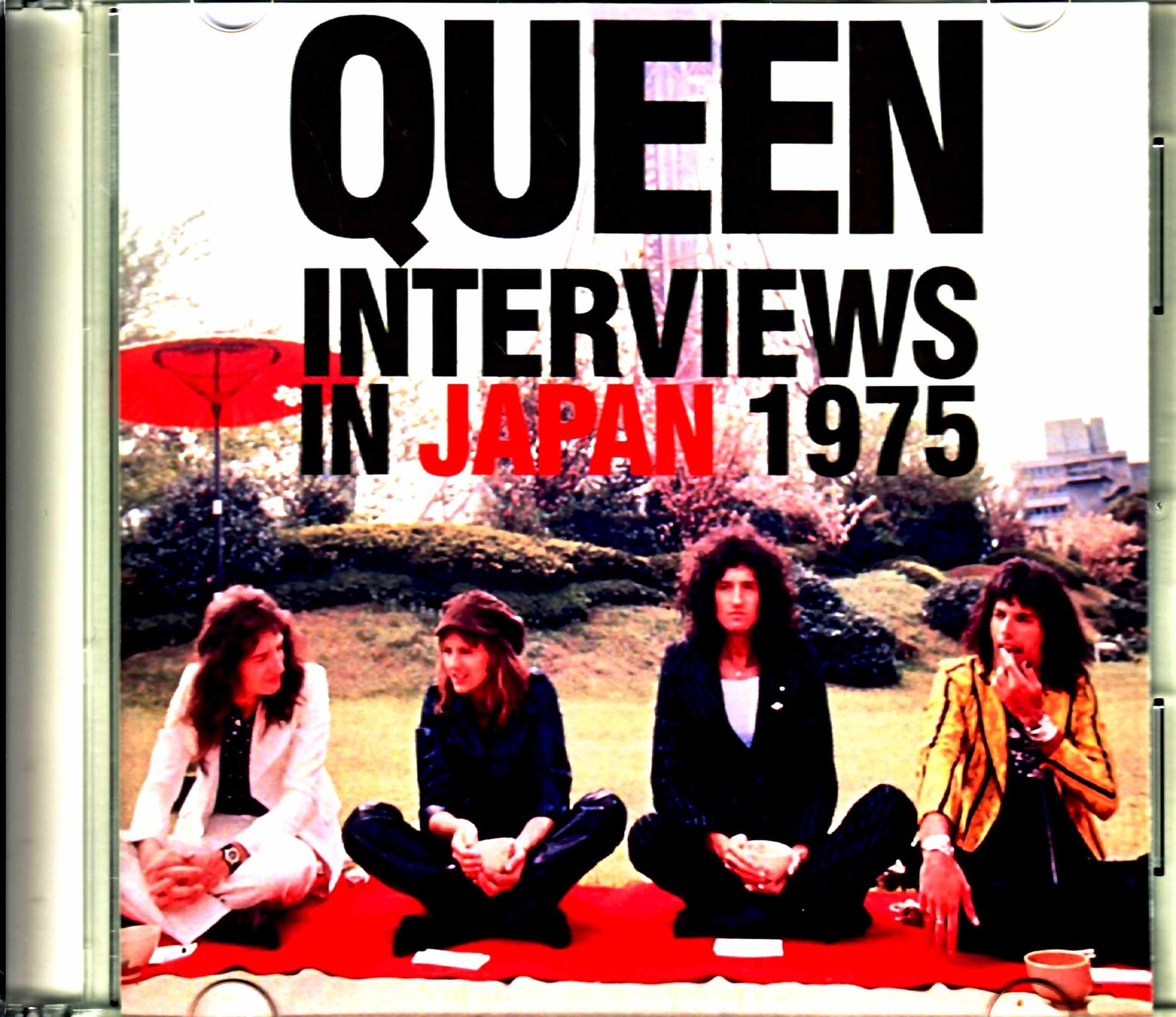
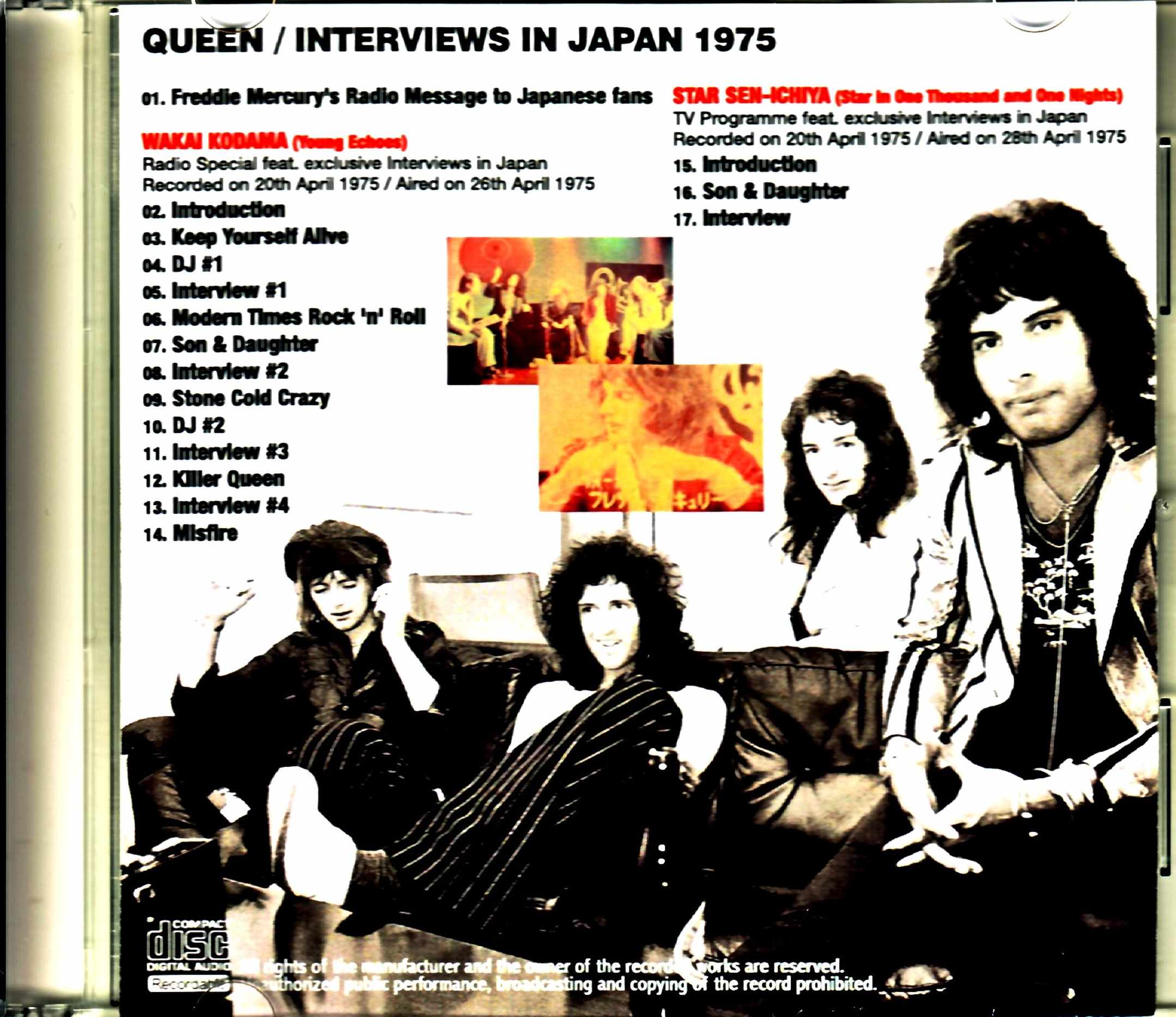

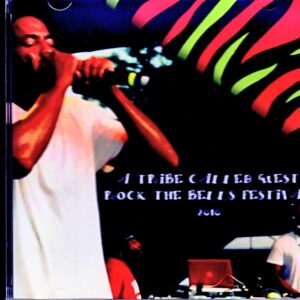
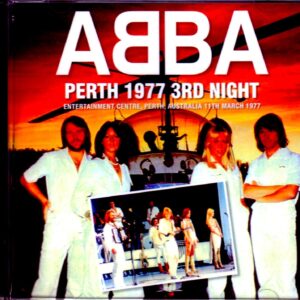
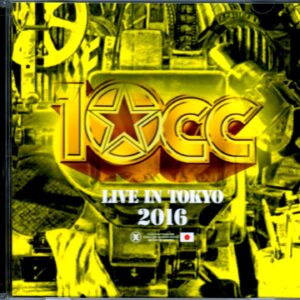

Reviews
There are no reviews yet.